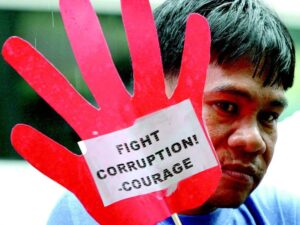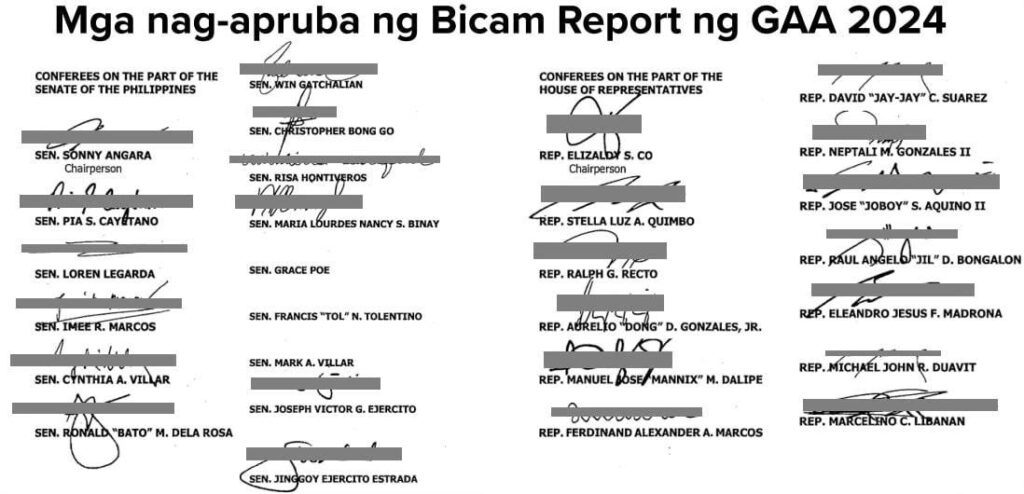By Zia Luna
In a country long plagued by poverty, disinformation, and political instability, one enemy has proven more insidious than any external threat: corruption. It is not just a governance issue; it is the number one national security problem in the Philippines.
Corruption bleeds the nation dry. It siphons off billions meant for education, healthcare, disaster response, and infrastructure. It weakens institutions, erodes public trust, and fuels inequality. But more dangerously, it undermines the very capacity of the state to protect its people from climate disasters, foreign interference, insurgency, and economic collapse.
From overpriced pandemic supplies to ghost infrastructure projects, corruption has become a normalized feature of governance. Every peso stolen is a classroom not built, a hospital understaffed, a flood response delayed. The consequences are not abstract; they are deadly.
In the aftermath of typhoons, we see communities left to fend for themselves. In conflict zones, soldiers lack equipment while warlords thrive. In the halls of power, laws are bent to serve dynasties and cronies, not the Filipino people. This is not just inefficiency—it is sabotage.
Corruption today is not just transactional; it is psychological. Politicians deploy troll armies and fake news to distract, divide, and deflect. Whistleblowers are demonized. Investigative journalism is attacked. The system numbs the public into accepting corruption as inevitable, silencing outrage before it can spark change.
This erosion of truth is itself a security threat. A nation that cannot distinguish fact from fiction cannot defend itself—morally, politically, or strategically.
If corruption is the disease, then transparency, accountability, and civic vigilance are the cure. Strengthening institutions like the Commission on Audit, Ombudsman, and Sandiganbayan is not just good governance; it is national defense.
We must also protect and empower journalists, whistleblowers, and civil society watchdogs. Their work is frontline security work. Their voices are shields against impunity.
The fight against corruption must be reframed, not as a bureaucratic chore, but as a patriotic duty. Every citizen who demands receipts, questions power, and votes with conscience is a defender of the republic.
Until corruption is treated with the urgency of a national emergency, the Philippines will remain vulnerable, not just to foreign threats, but to internal decay.
It’s time we name the real enemy. It’s time we fight back.




